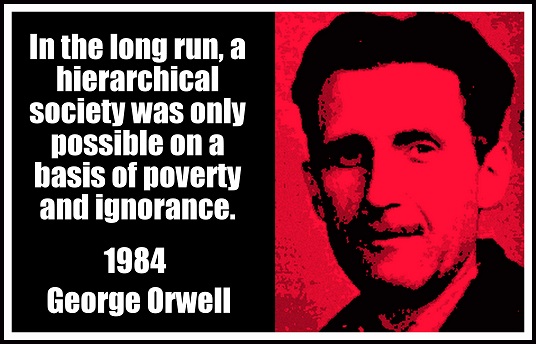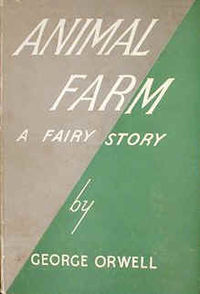

It is a question first of all of discovering what one really is, what one’s own feelings really are, and then of making allowance for the inevitable bias. Whether it is possible to get rid of them I do not know, but I do believe that it is possible to struggle against them, and that this is essentially a moral effort. As for the nationalistic loves and hatreds that I have spoken of, they are part of the make-up of most of us, whether we like it or not. “I think one must engage in politics – using the word in a wide sense – and that one must have preferences: that is, one must recognize that some causes are objectively better than others, even if they are advanced by equally bad means.

What he wants is to feel that his own unit is getting the better of some other unit, and he can more easily do this by scoring off an adversary than by examining the facts to see whether they support him.” Moreover, although endlessly brooding on power, victory, defeat, revenge, the nationalist is often somewhat uninterested in what happens in the real world. Since nothing is ever quite proved or disproved, the most unmistakable fact can be impudently denied. The general uncertainty as to what is really happening makes it easier to cling to lunatic beliefs.

Probably the truth is discoverable, but the facts will be so dishonestly set forth in almost any newspaper that the ordinary reader can be forgiven either for swallowing lies or for failing to form an opinion. One has no way of verifying the facts, one is not even fully certain that they have happened, and one is always presented with totally different interpretations from different sources. “The calamities that are constantly being reported - battles, massacres, famines, revolutions - tend to inspire in the average person a feeling of unreality.


 0 kommentar(er)
0 kommentar(er)
